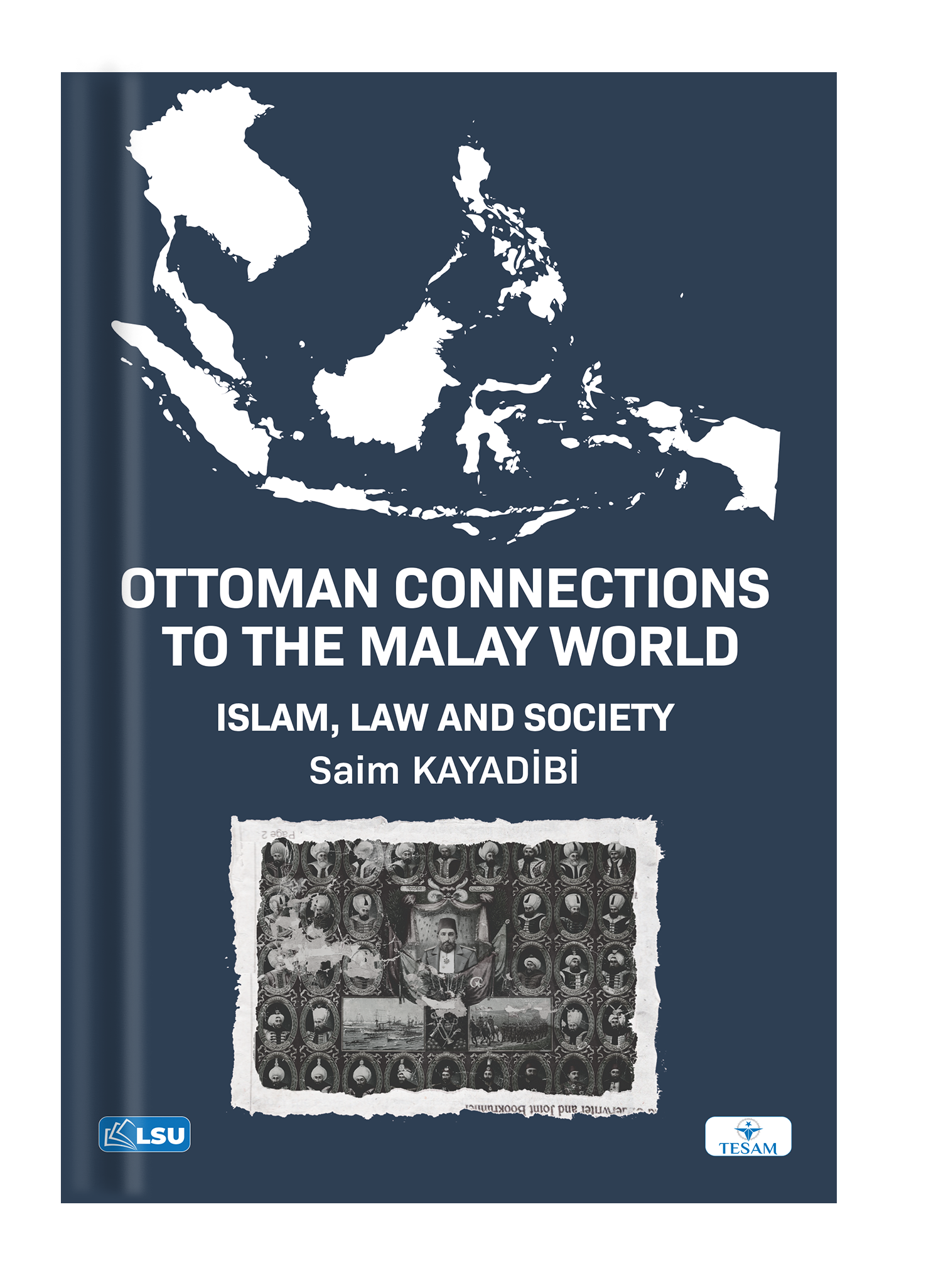Southeast Asia, especially the Malay Archipelago, has enjoyed a long historical connection with Muslim Rūmī (Turkish), Ḥaḍramī Arab, and Ottoman traders as can be seen in the two regions’ framework of religious, political, and legal cooperation. The Ottomans’ pan-Islam policy and the mission of Sultan Abdulhamid II enabled the archipelago to play an active role and thus increase its relationships with Muslim scholars, rulers, and legal heritages elsewhere when it was confronted with European colonialism. The network of Johor-Ottoman and Ḥaḍramī Muslim relationships, as well as the role of Sultan Abu Bakar of Johor, strengthened bilateral connections. The translation of the Majallah al-Aḥkām (Ottoman Legal Codes) into Malay also served to develop legal practice of Islamic law in Malay Sharī‘ah courts.

